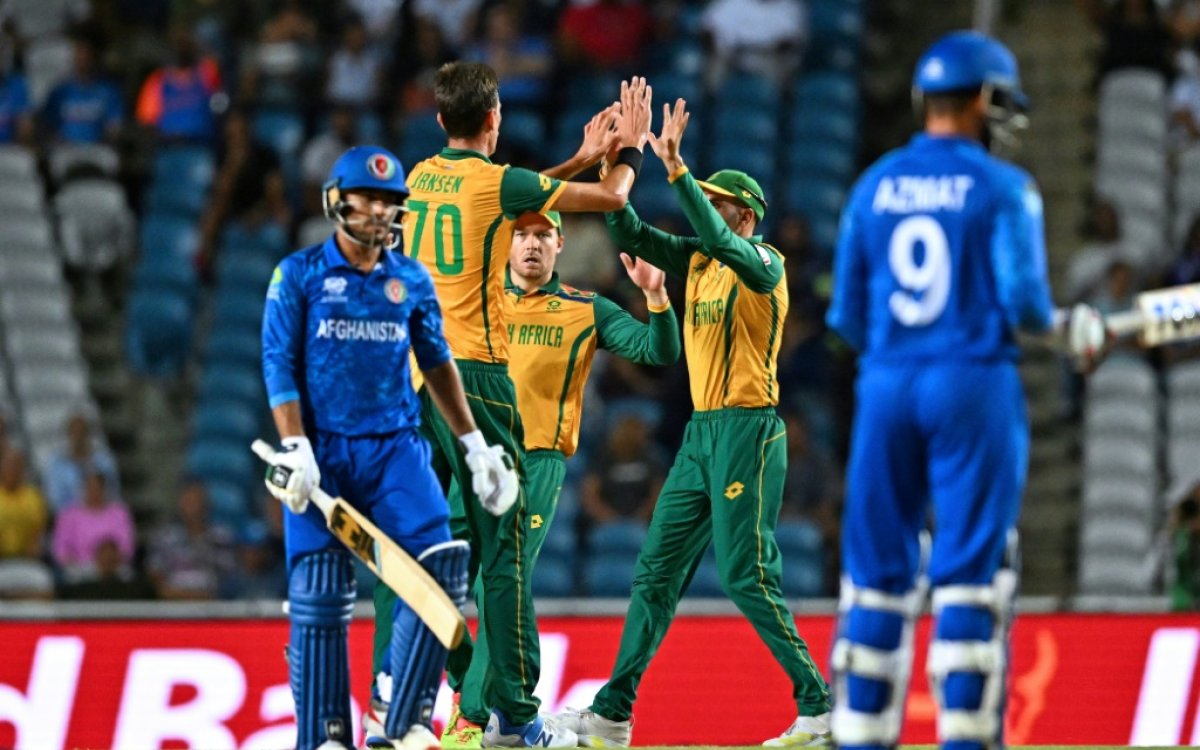South African Cricketers: As the South African men’s cricket team readies itself for a historic three-match ODI series against Afghanistan in the UAE, the South African Cricketers’ Association (SACA) has taken a bold stand on gender equality in cricket.
This marks the first-ever bilateral series between the two nations and only the third occasion they will meet in the 50-over format. While these matches were not initially part of the 2023-2027 Future Tours Programme (FTP), Cricket South Africa (CSA) added them in an effort to increase competitive opportunities for its national teams.
However, as the games approach, SACA’s attention has shifted towards a significant issue: Afghanistan remains the only Full Member of the International Cricket Council (ICC) without a women’s team.
SACA issued a statement expressing its concerns about the worsening conditions for women in Afghanistan, particularly under the Taliban regime, which has imposed severe restrictions on women’s rights, including participation in sports. Afghanistan’s government currently refuses to recognize a women’s cricket team, and SACA has called for action.
Andrew Breetzke, CEO of SACA and board member of the World Cricketers’ Association, emphasised that every athlete, regardless of gender, has the right to equal opportunity in sports. “A player’s right to pursue sport cannot be limited because of his or her gender. We urge CSA to use this series to highlight that these rights for Afghanistan’s women’s players must be protected and respected,” Breetzke said.
SACA’s statement comes amidst the broader context of international discussions about Afghanistan’s status in world cricket. The ICC has deliberated on Afghanistan’s lack of a women’s team, with some countries refusing to play Afghanistan in bilateral series.
Australia, in consultation with its government, has postponed two bilateral series against Afghanistan in recent years. Still, Afghanistan’s men’s team remains an active part of the international cricket calendar, continuing to play in ICC tournaments.
While some countries have taken a hardline stance, the ICC is reluctant to ban Afghanistan from international cricket outright, fearing it could endanger lives if the Taliban feels pressured on this issue.
In the meantime, there have been discussions about forming a refugee women’s cricket team based in Australia, though concrete actions have yet to materialize.
While some countries have taken a hardline stance, the ICC is reluctant to ban Afghanistan from international cricket outright, fearing it could endanger lives if the Taliban feels pressured on this issue.
Article Source: IANS


